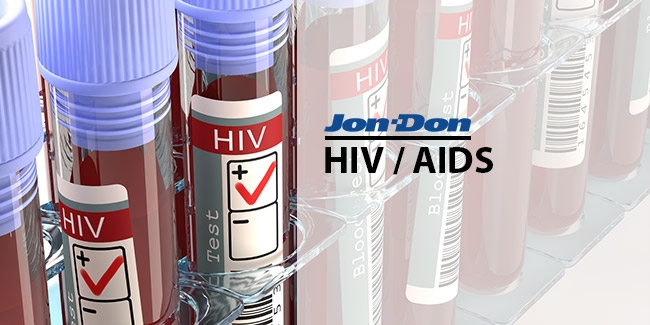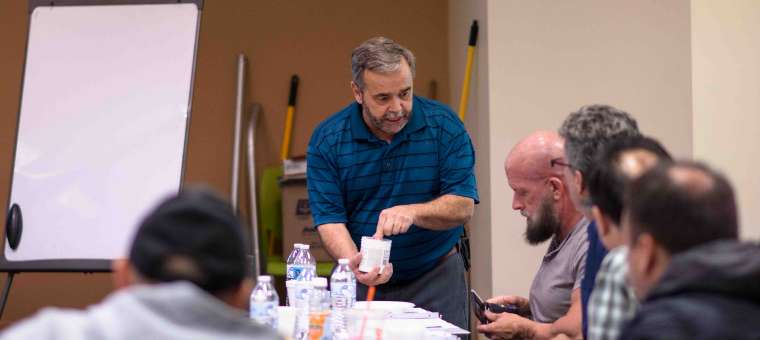
HIV / AIDS
Human immunodeficiency virus (HIV) is a virus that causes acquired immunodeficiency syndrome (AIDS), a condition in humans in which progressive failure of the immune system allows life-threatening opportunistic infections and cancers to thrive.
HIV and AIDS is not transmitted via skin to skin or skin to surface contact. The virus can only be transmitted through bodily fluids, such as blood, semen, and vaginal and anal secretions, feces, urine, tears, and saliva. Other body fluids and waste products, such as feces, nasal fluid, saliva, sweat, tears, urine, and vomit, don’t contain enough HIV to infect you, unless they have blood mixed in them and you have significant and direct contact with them.
HIV is unable to reproduce outside a living host, and it does not survive well in the open air. HIV cannot be transmitted through spitting, sneezing, sharing glasses, cutlery, or musical instruments. It is not transmitted by sharing swimming pools or shower facilities either.
In the event of an accident in which blood and/or bodily fluids are present, it is recommended that professional cleaning contractors follow OSHA guidelines on cleaning bloodborne pathogens.
Here are some tips to protect yourself from infection when cleaning blood or bodily fluids:
- Wear appropriate personal protective equipment to decrease your exposure risk. This includes protective coveralls, eye wear, face masks, and gloves.
- NEVER re-use disposable gloves. Remove them carefully by turning them inside out as you pull them off your hands. Wash your hands immediately after disposing of the gloves.
- Use red trash liners or appropriate containers that are clearly marked with the biohazard warning. Always hold liners from the top of the bag, never support the bottom or sides with your hands or body as sharp objects may protrude and puncture your skin. Handle liners and containers with extra care.
- Always use a broom and dustpan to pick up sharp objects or broken debris. NEVER pick up sharp objects (e.g., broken glass, needles, etc.) with your hands – even if you are wearing gloves.
- If you think you have come into contact with infectious materials, thoroughly wash the area with soap and water. If contact is in the eyes, nose, or mouth, flush with water for several minutes.
- Always report any exposures to blood or other potentially infectious fluids to your supervisor.
Jon-Don is fully stocked with the personal protective gear you need to minimize exposure to bloodborne pathogens such as HIV and/or AIDS.



